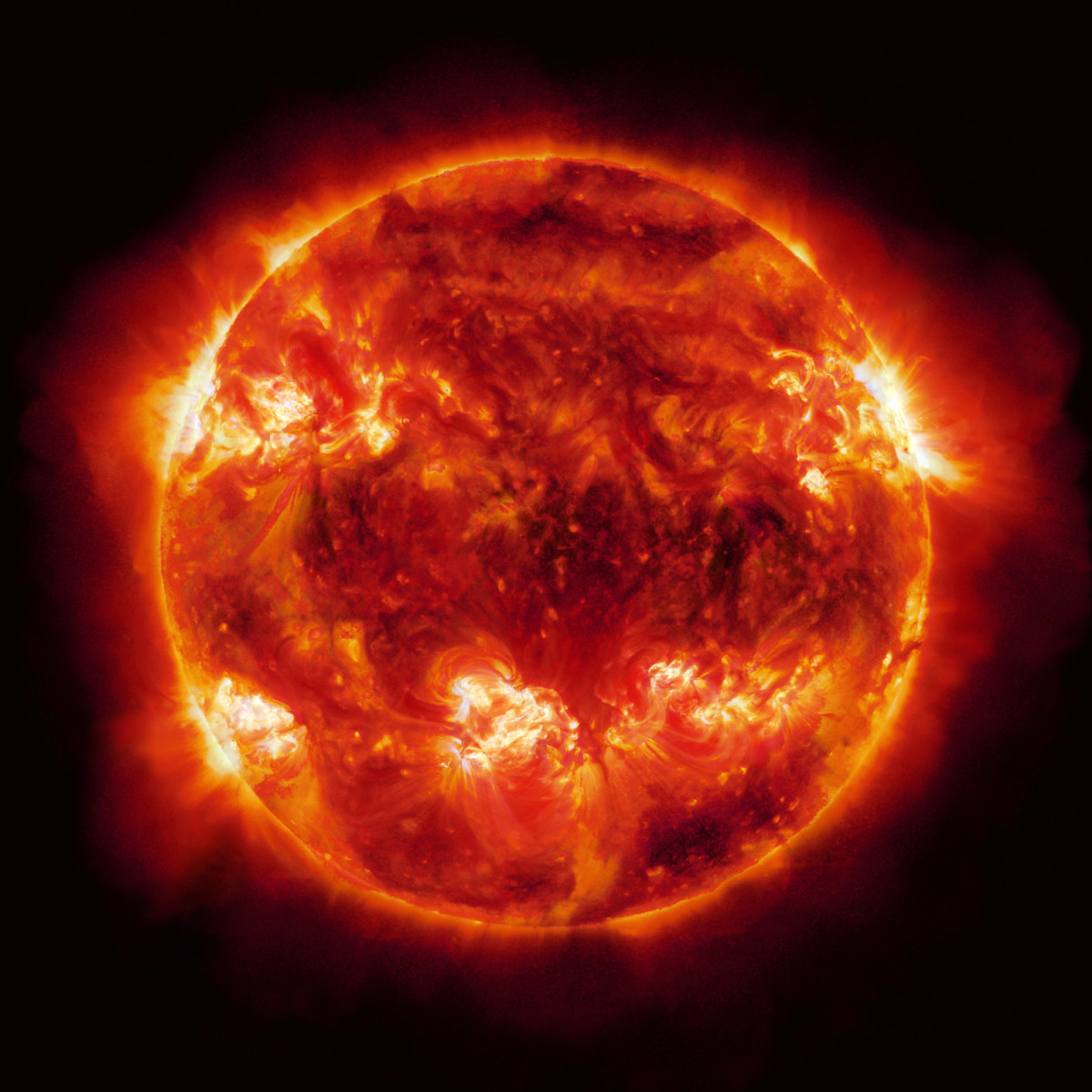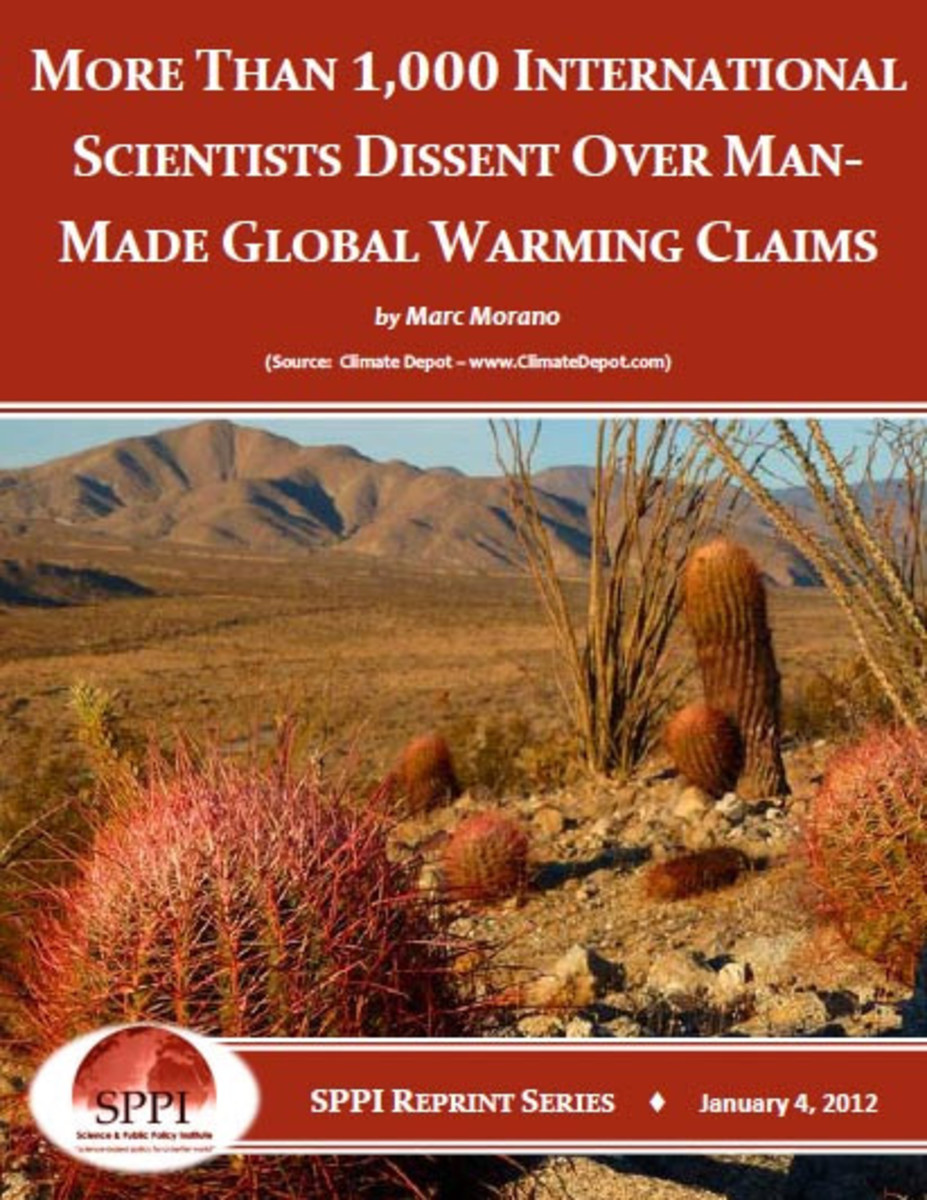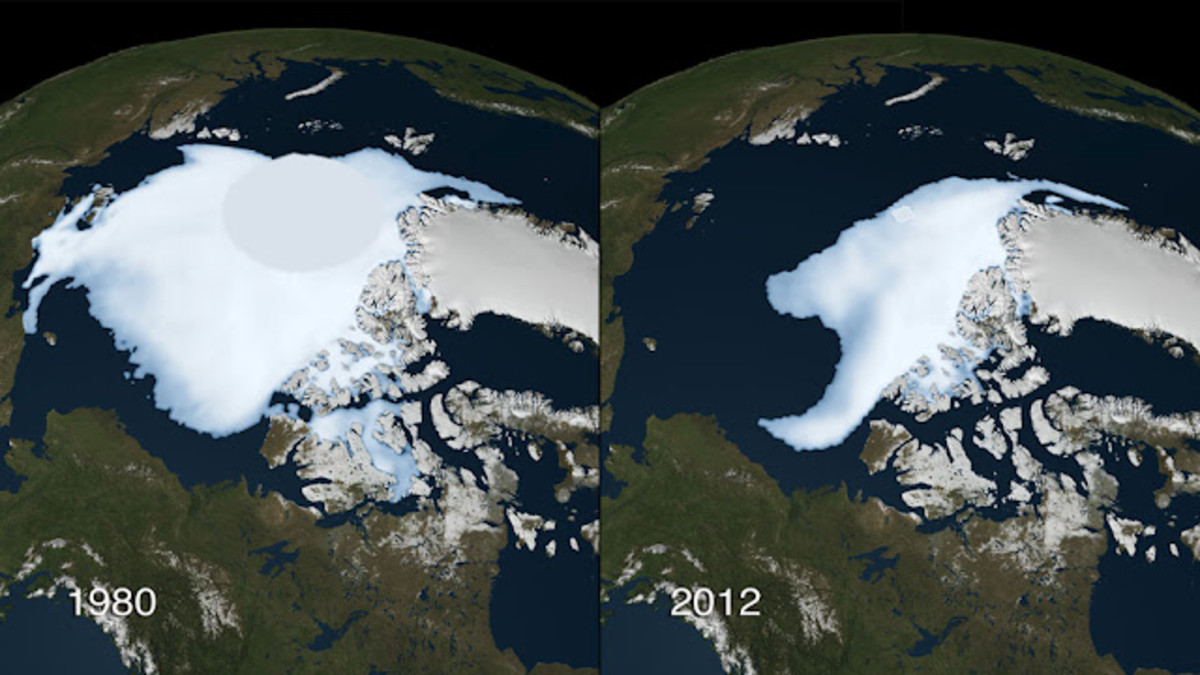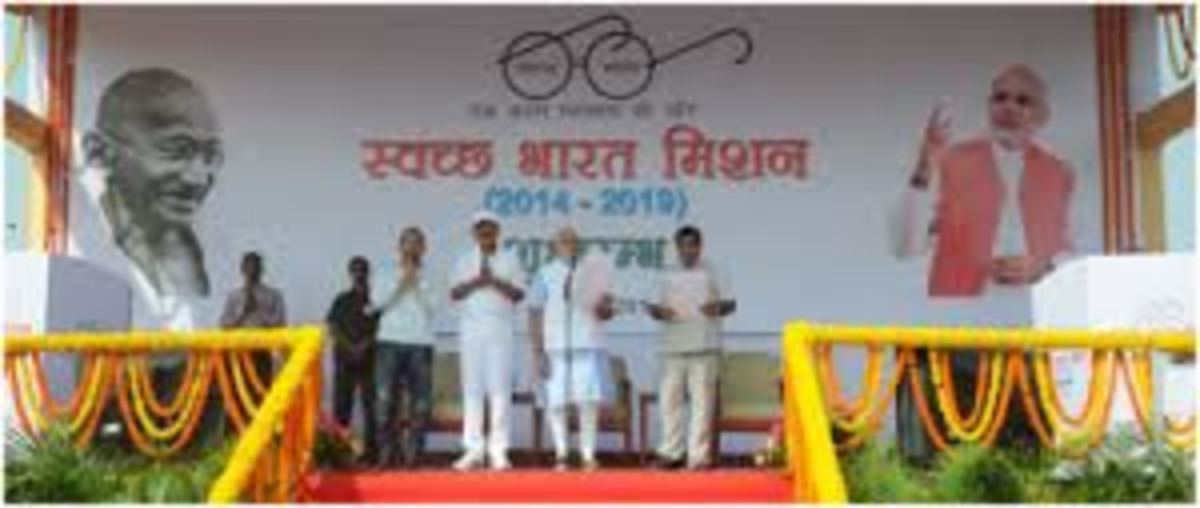Sensible ways to prevent global warming/climate change
Forest conservation in Colorado, USA
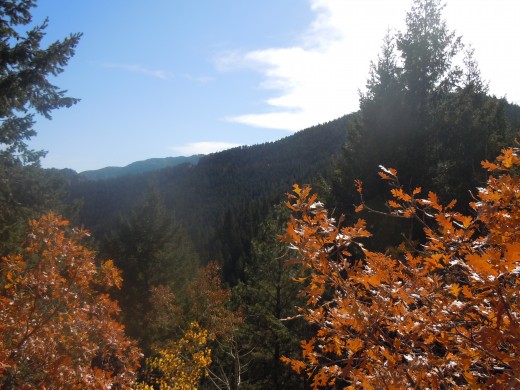
Controversy on Global warming
Any mention of global warming in a party conversation brings forth largely divergent views and heated discussions, with a possible rise in the room temperature! The opinion divide can be amazing when one considers how this subject divides leaders, politicians, scientists and a host of specialists along with the general public.
It is more appropriate to use “climate change” when one refers to “global warming”. But “global warming” came into use a lot earlier, and these words sound more alarming to an ordinary person than “climate change”. And they perhaps do a better job in conveying the urgency, and to shock people into doing something quickly to prevent global warming.
Two sides to global warming/climate change
On one side are those who have been dubbed “Alarmists” – armed with figures, charts, statistics and photographs, they convey how rapidly the global temperatures have been rising in the last few decades, due mainly to man made activities such as carbon dioxide emissions, and how this is affecting our planet. A very high-profile presentation was undoubtedly the one by Al Gore in his documentary “Inconvenient Truth”.
“Not totally true” say the "Skeptics", who say the facts and figures are questionable and point out that our planet has always been through cycles of Ice Ages and warm periods, and that there are many other factors that are causing temperature to rise. They maintain that there is little that man can do to prevent global warming.
First the facts
There are several facts to support both points of view:
· There is no doubt that several natural factors have been affecting the Earth’s weather pattern during its existence of 4.5 billion years –shifting patterns in our solar system, dynamics of the Earth’s rotations around its axis and its orbits around the sun, collisions of asteroids and other bodies in space, the Earth’s turbulent core, to name just a few.
· These factors have resulted in fluctuating weather patterns. We know that our Earth has had periods of Ice Ages lasting thousands of years followed by warm to very warm periods when all the ice melted away and both the poles were completely ice free.
· Carbon Dioxide levels in the atmosphere have at times in the past been even higher that what is projected a few decades from now. And yet vegetation and animal life flourished.
· At the same time, there is no doubt that the Earth’s atmosphere and its environment has witnessed dramatic changes in the last century that has probably never been experienced before in its entire history.
Man’s role in climate changes
Increasing evidence confirms that of all the species that have inhabited our planet, none has had such a profound effect on the planet as Man. The “modern” human race (with a developed brain) evolved between 50,000 and 100,000 years ago, but it was only when the last Ice Age started to recede about 15,000 years ago, that our real development commenced, starting with agriculture. We haven’t looked back since then, and our development accelerated as industrialization rapidly spread in the last three-to-four hundred odd years. As industrialization progressed rapidly in each region, first in Europe followed by the other parts of the world, the damage to the Earth’s atmosphere and environment has been enormous. Quality of air, water and soil continues to deteriorate as mankind’s relentless progress continues in all parts of the planet.
A balanced view on global warming
The question then is whether our planet’s resources are limited, so that many living in the developing countries can never hope to enjoy the comforts that those in the developed countries enjoy, in order to prevent further global warming? Or is there a way all humans on this planet can someday live in modern comfort, while ensuring that the Earth’s environment and ecology are protected and are in a state of balance? Apparently, an increasing number of people believe this is achievable. It is essential though, that we first acknowledge the alarming state that we are in, and then seriously follow the steps that we all need to take, if we are to achieve this goal.
Taking some sensible steps to prevent global warming
Rather than getting lost in all the discussions and confused with all the data being thrown around, why not make some simple, sensible choices in our daily lives? Does it need too much effort to follow some of these steps?
· Make some judicious choices in conserving our resources. They may sound simplistic, but that does not diminish their importance. Trees are our greatest renewable resource, and rather than campaign against their cutting, we should all be aware that planting of new trees is now actually outpacing the rate at which they are being cut. This is happening not just in North America and Europe, but even countries like China and India have reported increased forest cover in the last several years. And surprisingly Brazil and Indonesia, the two large countries where massive forest logging has for long been stripping forest cover at an alarming rate, have recently been able to reverse the trend. We all know that production of steel causes immense pollution – so switching to timber for construction will help prevent global warming.
· Many of us are consciously switching over our sources of energy from polluting sources like coal and petroleum to renewable and non-polluting sources like Natural gas, wind, solar and geothermal. It is unfortunate that there is a great deal of opposition to such cheap renewable sources like hydroelectric and nuclear owing to safety concerns. But these sources are vital in our attempts to prevent global warming, and should be made use of in a bigger way.
· It is encouraging to note that increasingly, the younger generation is being made aware of the importance of conservation. Thus, even simple steps like minimizing use and wastage of water, consuming more locally grown agricultural produce, using energy saving light bulbs, all have a positive impact on the environment.
These are but a few of what can be done, but the point being made is that there are many sensible ways of going forward. The rapid development of human intelligence has unfortunately been at some expense of the environment. But the same intelligence that has helped us unlock the vast resources of energy that our planet has been building up over millions of years, but which is also destroying the Earth’s environment, this same intelligence will show us the way how to eventually reverse the trend and enable future generations to enjoy the bountiful resources that our planet has been blessed with.
Recommended reading:
“Confessions of a Greenpeace Dropout; The making of a Sensible Environmentalist”. Patrick Moore.


